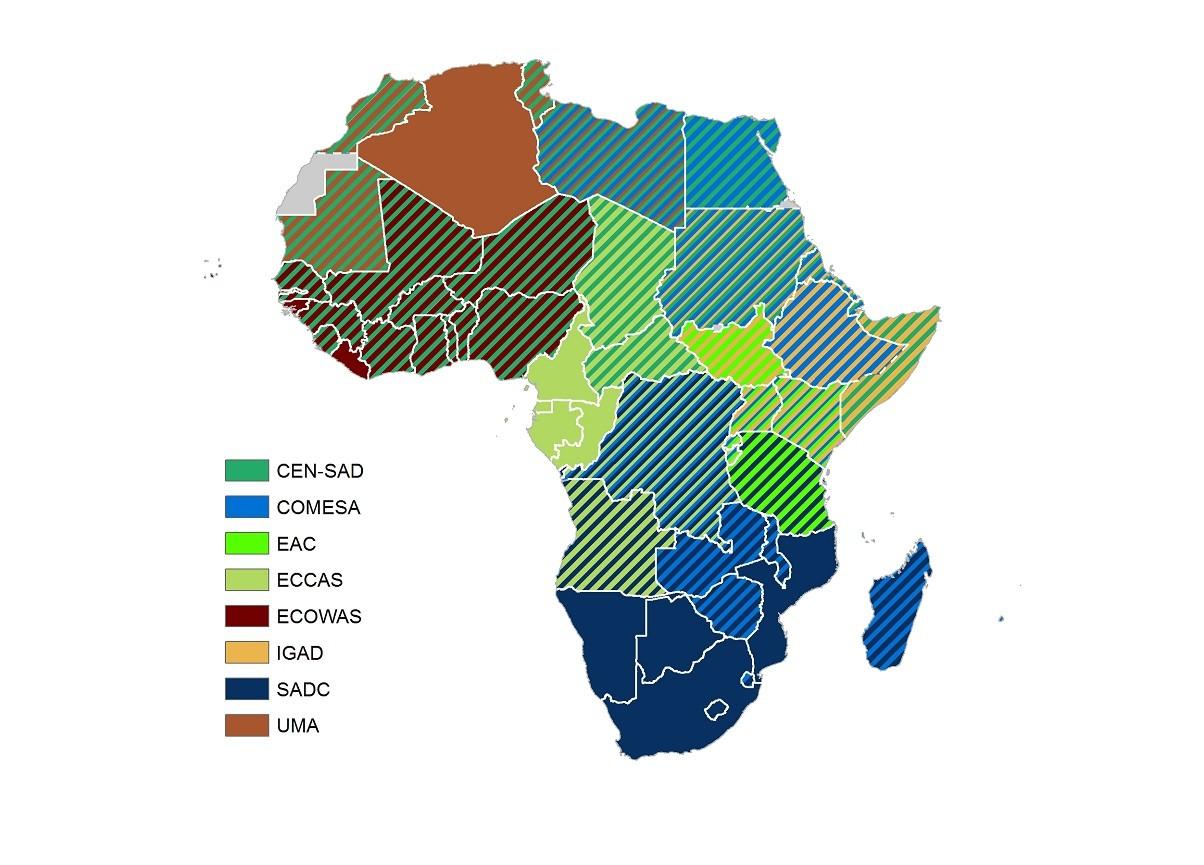

Participants graduate out of AGOA if per capita gross national income reaches $12,535, the World Bank’s lower limit for high-income countries. presidents can disqualify countries at their discretion and have done so, citing reasons such as rights violations and protectionist policies. Only sub-Saharan African countries are eligible to be beneficiaries of AGOA, and the legislation outlines requirements candidates must fulfill, such as upholding the rule of law and human rights and liberalizing their economies. It was set to expire in 2008 but has since been renewed four times. development assistance to sub-Saharan African countries in areas including agriculture and HIV/AIDS prevention. It also mandates the executive branch to increase U.S. AGOA goes even further, offering this access to more than six thousand products from its thirty-eight current participants. trade preference system introduced in 1974 that allows more than one hundred countries, mostly low-income nations, to export many of their goods to the United States duty-free. The act is an extension of the Generalized System of Preferences, a U.S. economy by opening markets with “hundreds of millions of potential consumers” to American producers. He also said it would strengthen the U.S. President Clinton saw the policy as a way to boost growth and bolster democratic ideals across the continent. goods, though it encourages them to do so. The act is unilateral, meaning it does not require African countries to lower their own barriers to U.S. trade ties with Africa and the Caribbean. Why was AGOA created?Īfrican Growth and Opportunity Act (AGOA)ĪGOA is a trade preference program established in 2000 as part of broader legislation President Bill Clinton enacted to strengthen U.S. Meanwhile, African trade relationships with other countries, particularly China, have greatly expanded. trade with AGOA’s participants has dropped to near its pre-AGOA total. However, the outsize roles of oil and apparel in African export growth have raised questions about whether AGOA can diversify the region’s economies and increase its competitiveness in global markets.

trade policy for the region, would foster economic and political development in Africa. Policymakers hoped that AGOA, as the primary U.S. Outbound Investment Screening Waits in the Wings


 0 kommentar(er)
0 kommentar(er)
